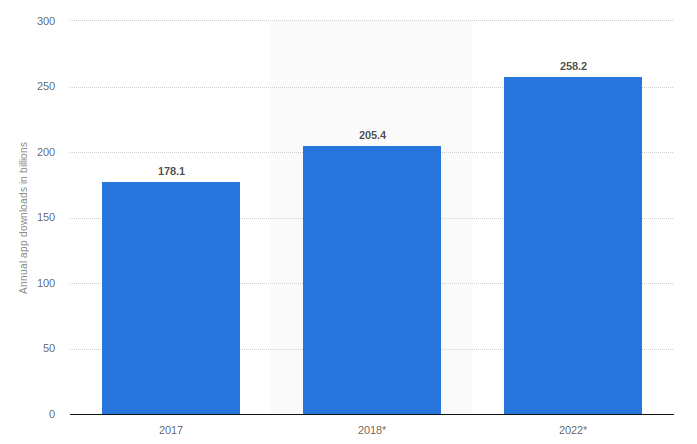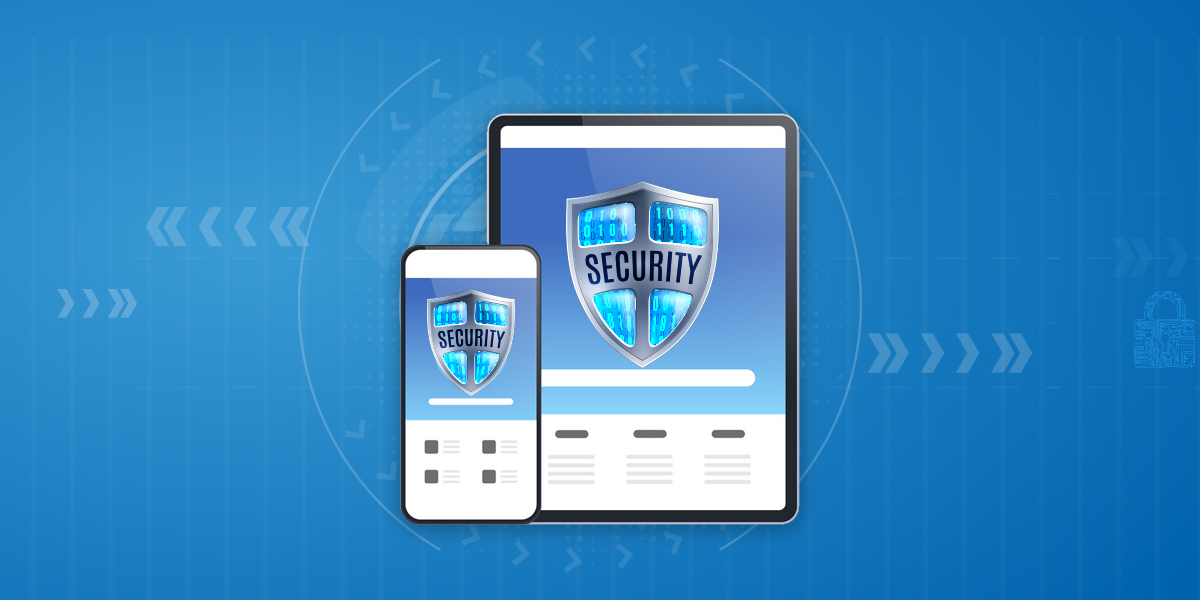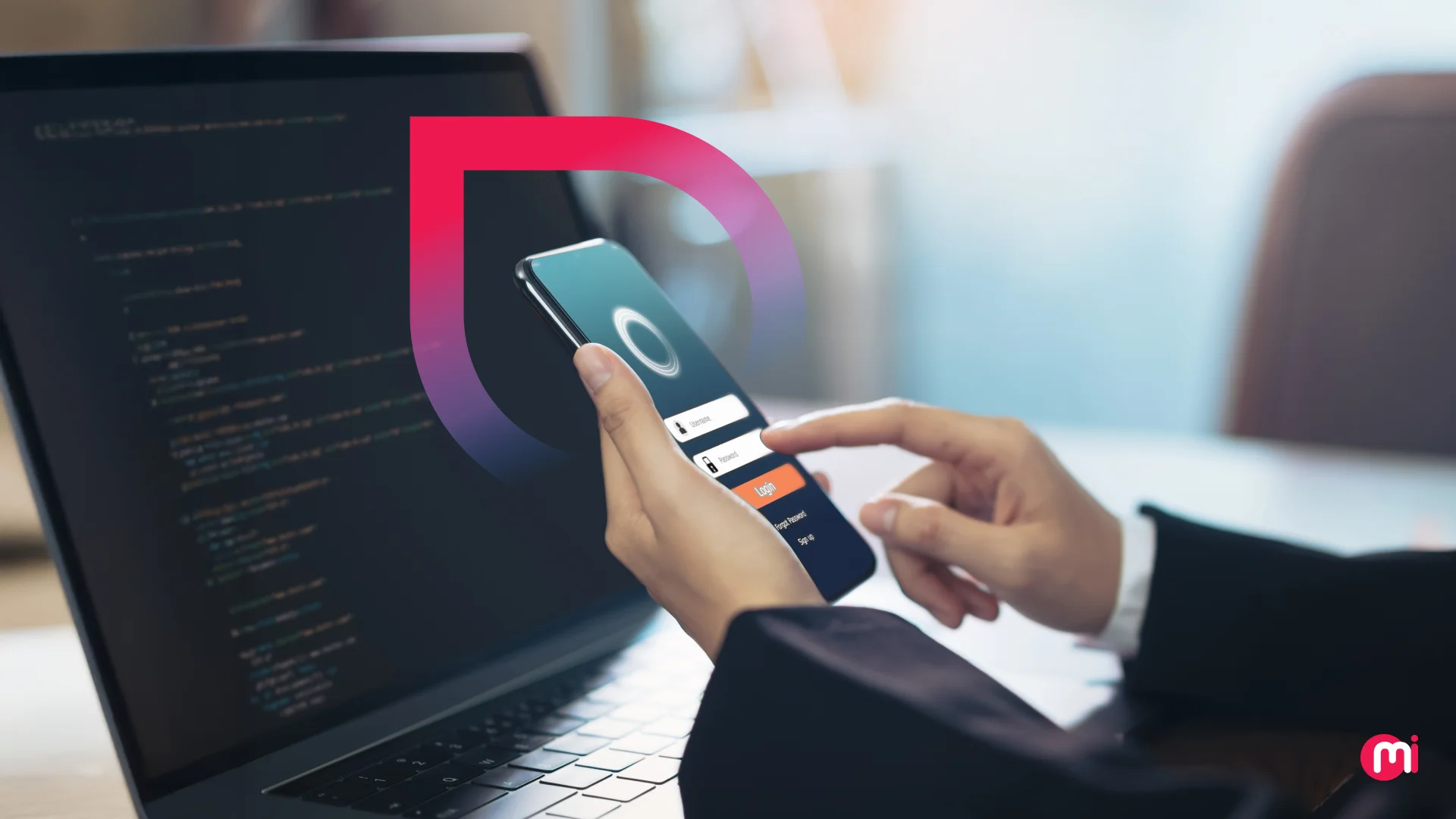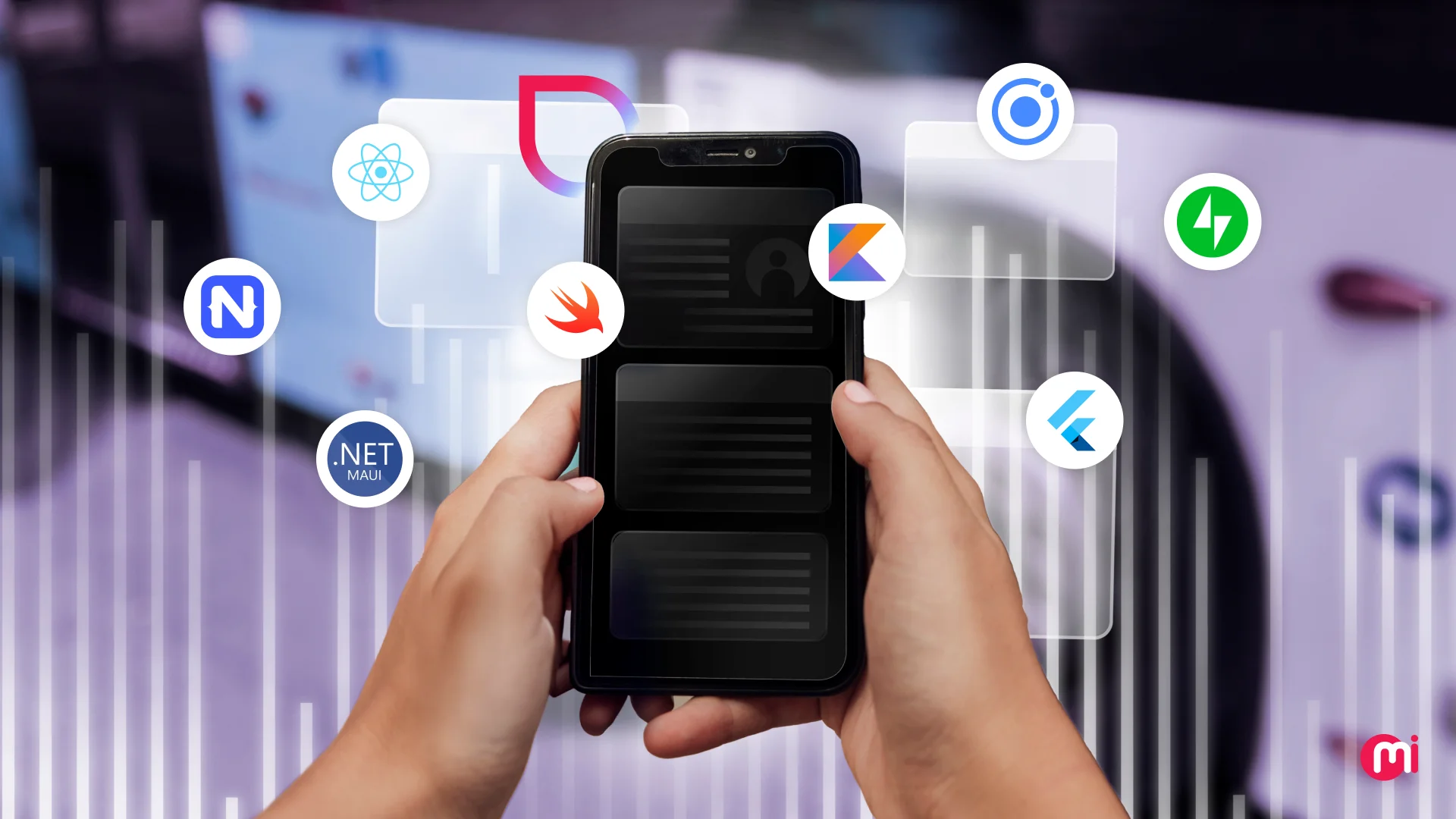Best Practices App Developers Should Follow to Enhance Mobile App Data Security
- Mobile
- August 6, 2019
Imagine waking up one morning and finding your photos, conversations, and more on the internet for all of the world to see. Horrific, isn’t it?
Even thinking about such a thing causes one to shiver. But having our private information made public, or theft of the sensitive data stored on our mobile devices is a very real and constant fear in the advancing era of cybernetics.
The Extensive Use of Mobile Apps
One of the most rapidly progressing things with regards to Information Technology is the apps on your smartphone that you use regularly.
Nowadays, there is no single thing for which an app has not been developed. Whether you are a hungry introvert who wants to order food online, or a desperate college student looking to pass Anatomy 101 – you can rest assured that you will find a mobile app that will assist you with your objective.
In 2018 alone, there has been as much as 205.4 billion app downloads worldwide. Compare this with the 92 billion app downloads of the year before that, and you can see how the mobile app industry has been growing.

An average mobile phone user spends 2 hours and 15 minutes scrolling through mobile apps every day. Keeping these statistics in mind, it is safe to say that the mobile app developing industry is blooming and flourishing.
Developing Apps for Mobile Phones is Not an Easy Job
But while you are using all of these insanely addictive apps, have you ever stopped to wonder what security considerations the app developer has taken to protect your data?
However, prosperous and lucrative the mobile app development business might be, it is not always rainbows and cookies. Though an app developer will most likely not be out of a job for very long these days, he has to work very hard to provide us with a flawless and immaculate app.
One of the most frequent complains, and primary concern when developing an app for smartphones is data security.
Your mobile phone holds a heap of sensitive information that you would not want to be leaking out.
From contact numbers and personal photos to your bank details – it is the data that you cannot afford to be in the wrong hands. But many of the everyday apps in your use compromise the security and safety of this delicate material.
Most Frequent Security Issues With Mobile Apps
Before we dive in to discuss how a qualified app developing company takes care of these sensitive security issues, let us briefly talk about what these concerns are.
Some of the most common cyber security concerns in the modern era include data theft or unintentional release of sensitive data, faulty encryption techniques, substandard or absent offline authorization, and defective session handling.
In the following paragraphs, we will discuss each issue and its cause in a brief manner.
Unintentional Release of Sensitive Data
Accidental leakage of sensitive data happens when it is stored in insecure and unsafe locations on a mobile device. This unprotected data can be picked by the other apps on the device and used in ways that the user did not intend for.
Faulty Encryption Techniques
When you think of encrypted data, you imagine it is safe and protected. However, this is not always the case and encryption can sometimes fail to keep important data secure.
The process of encrypting data involves creating a ‘key’ through which the data can be translated to its decrypted form. The idea behind encryption is that this ‘key’ is only made available to authorized users.
However, when this ‘key’ is stored in an insecure location on the device, it can be easily accessed by hackers. This is when your encryption methods fail to protect you.
Substandard or Absent Offline Authorization
When you are using a mobile app, it is understood that you are not always connected to the internet. At these offline times, these apps cannot differentiate between different users.
When an app lacks offline authorization or has a poor version of it, unauthorized users may access sensitive parts of the app offline. These hackers can even go so far as to use the app in ways that only administrators can.
Defective Session Handling
Last but not least, defective session handling is a real problem with mobile apps. This becomes even more of an issue if your smartphone is lost or stolen.
If your app fails to end a previous session when you have started a new one, the unauthorized person with access to your lost phone can operate the app the same way that you can.
They can reach sensitive data, copy it, alter it, or make it public. In short, this makes you vulnerable to a whole lot of problems.
Read also: How to Improve Your Mobile App Security Knowledge
Best Practices App Developers Should Follow to Enhance Mobile App Security
Now that we have discussed what are the common cyber security threats being faced by the public in association with mobile apps let us consider the steps that app developers can take to eliminate or minimize them.
Fortunately, for each security problem, we have at least one solution that can be implemented to make your mobile use safer.
Let’s begin with some necessary steps that every quality app developer must consider if he or she wants to provide a safe and problem-free experience to the users.
Spare Significant Resources for Security
This one may sound like a no brainer, but it needs to be greatly emphasized upon when considering how overlooked it tends to get.
When developers are designing mobile apps, they want to come out on top of their competitors in regards to the facilities offered. Striving for excellence, they cut corners to be able to focus more on the performance of the app.
A lot of times, these app developers might make the mistake of not allocating enough resources for security. In this case, though their app may be able to perform better than any other at what it is meant for, it will compromise greatly on keeping the user’s data secure. An app like this is not one that will be the most popular with the users.
Hence, it is important to make sure you have set aside enough funds and resources to guarantee invulnerability. Hire a dedicated security team from the get-go to build an app that is impregnable to hackers.
Secure your Source Code
Mobile hackers often target the source code of an app to gain unauthorized access to relevant information. Not encrypting your source code when developing an app for smartphones is simply making their work easier.
Recent reports suggest that malicious code infects more than 12 million mobile devices at any given time. This is why it is extremely essential to hide your original code through encryption – keeping the data on the app safe from unintended use.
Take Constraints into Consideration
When an app developer is designing a mobile app, he is usually targeting users with a variety of operating systems. Each operating system being used by your target audience will have its limitations and constraints.
When writing code for your app, you must consider all these limitations and come up with a design that caters to most of the target population – without compromising their security.
Emphasize on Securing Data from the Back End
Many times, you will need different mobile apps to communicate with each other. This is achieved by an application programming interface or an API.
These APIs are a vital bit of backend development but are vulnerable to data loss. For this reason, it is essential to have quality security measures on these and keep them in check.
An API key restricts unauthorized apps from accessing information or make alterations on the platforms you are working on. Furthermore, the use of API gateways makes the interaction between multiple apps even more secure.
Improve Your Authentication Methods
Like we discussed above, weak authentication techniques can be a significant concern when it comes to data security. To ensure maximum soundness and protection of the data on the user’s phone, it is crucial to implement the highest level authentication methods.
This can easily be done by designing your app in such a way that it encourages the user to use stronger passwords. An app that will only accept a combination of uppercase and lowercase letters, numbers, and symbols, is much more secure than one that lets the users pick random words for passwords.
You can further enhance your authentication techniques by requiring the user to log in via email or text after they have put in the password.
Though this dual-factor authentication can sometimes become a hassle for the user, it is worth it if the nature of the information stored on the app and the phone is sensitive enough.
Read also: How Biometric Authentication is Empowering Bank Security
Never save Encryption Keys on the Device
As discussed above, storing keys in insecure locations can often cause encryption to fail. If this happens, the data that you imagined was protected and impregnable might be stolen, and used in malicious content.
A simple way to avoid this from happening is always making sure your encryption keys are stored in secure containers.
The Final Word
The hours an average mobile user spends on mobile apps are distributed between 9 different mobile apps daily, or 30 different apps a month.
Regardless of the huge number of apps available for assistance today, a mobile app developer will always be in business.
There is a constant demand for newer and better apps by mobile phone users – no matter how many likewise apps are already available on the Google Play Store or the Apple App Store.
The exponential growth of the mobile app industry has consequently increased the amount and intensity of security issues associated with these apps.
Hence, while designing a new app, developers now have to be on the lookout from the get-go for any potential vulnerabilities in their design.
Keeping the above tips and tricks in mind while developing an app, can prove to be beneficial when considering the security of the important data on your phone.













